| I knew that she had written about Arcturus in “‘Arcturus is his other name,” “Arcturus” is the brightest star in the northern constellation of Boötes. it is the fourth-brightest star in the night sky, and the brightest in the northern celestial hemisphere. I found one blogger’s analysis of the poem, and early on in his comments he said, “The poem can be divided up into two halves. The first half is, I believe, not only examples of things that are harmed when we classify them, but she is also referring to herself with each example.” The complete post is HERE. |
| I then checked other names of well-known stars (Antares, Rigel, Sirius, etc.) to see if they’d ever been mentioned by Dickinson – and no, none of them popped up. She did use “mercury” once, but not as the name of the planet, and of the other planets’ names, she did use “Mars” once and “Jupiter” once. “Mars” appeared in “‘Sic transit gloria mundi’," HERE. “Jupiter” was mentioned in “‘Lethe’ in my flower” – shown at the right. I’ll check for “Earth,” “Sun,” and “Moon” soon – I figured those three would keep me busy! |
All Stars -- Part 2
Yesterday, I also noted that today I would report on the earth, sun, and moon – and the results are in:
“Earth” appears in 58 poems, the “sun” shows up in 164 poems, and the “moon” turns up in 23 poems (and “luna” appears once, in “Sic transit gloria mundi”)
Other celestial bodies in Dickinson’s poetry:
“Mars” and “Jupiter” appear in one poem each; “Planet” shows up in two poems; “Asteroid,” Galaxies,” “Constellation,” and “Arcturus” also each show up in one poem.
Of all the poems about these astronomical objects, two of my favorites are “The Sun just touched the Morning” and “The moon was but a chin of gold,” both pictured below.
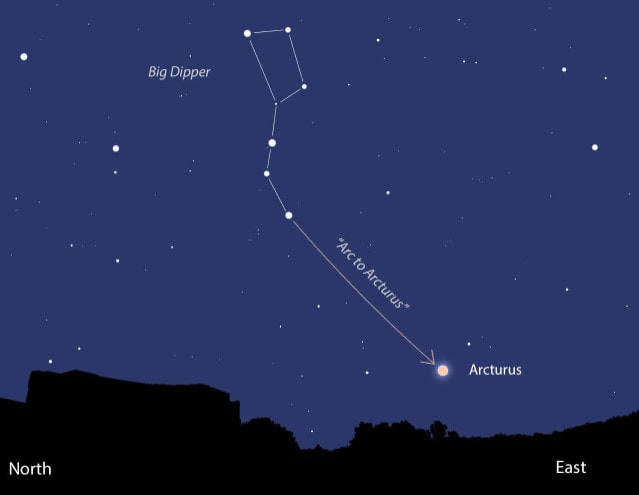
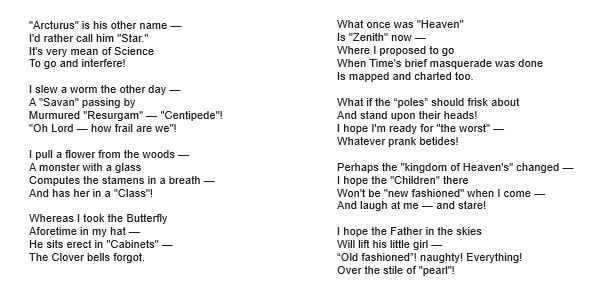
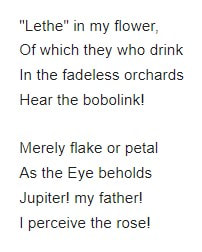
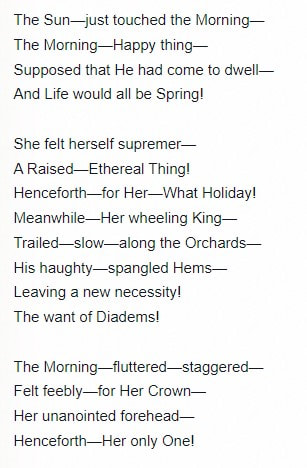
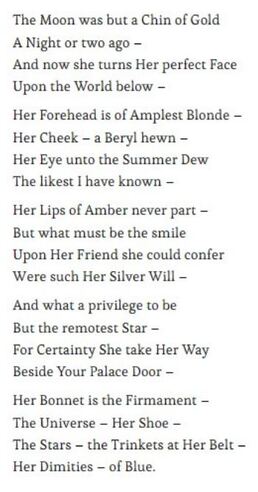
 RSS Feed
RSS Feed
